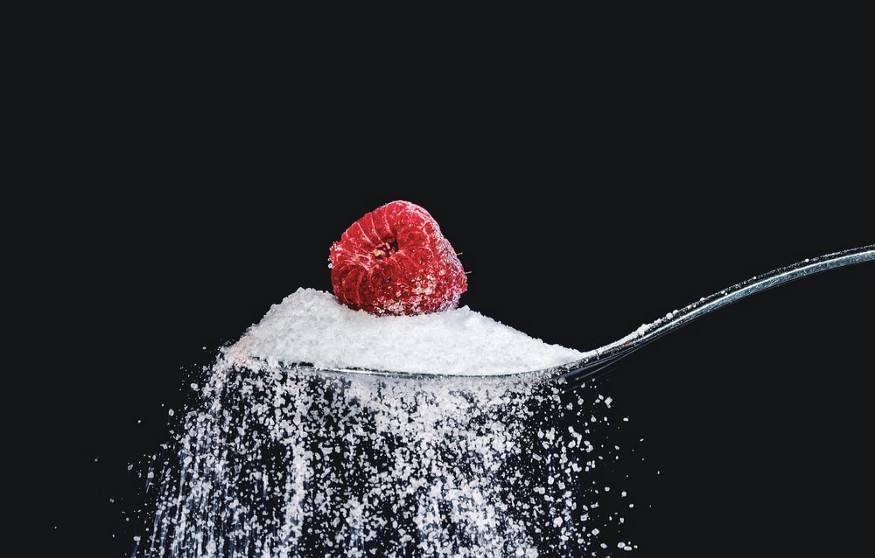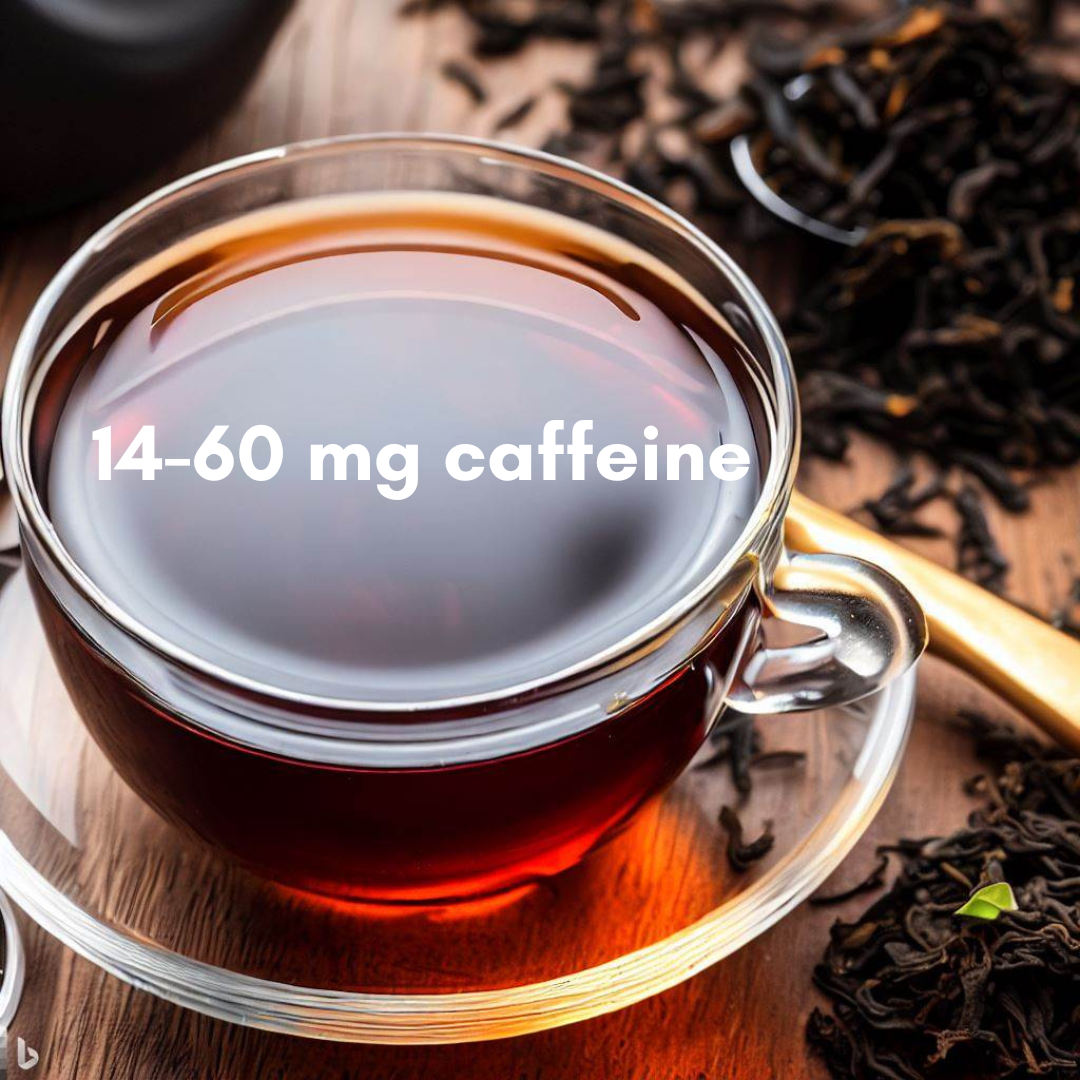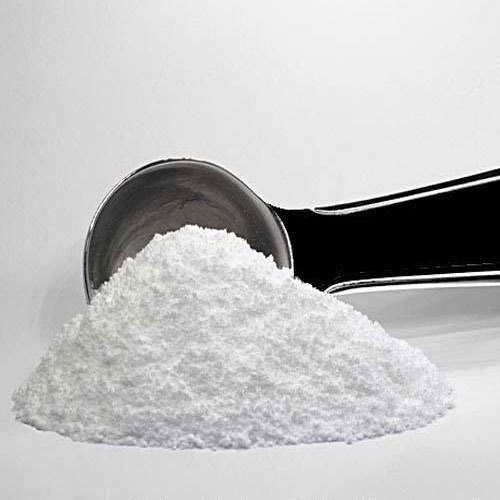Published Date January 24, 2003
What’s Caffeine Intolerance?
By Arpita Sudev
3 min read
Last update date: January 24, 2003
All about Coffee Allergy, Caffeine Intolerance and Caffeine Sensitivity.

Caffeine is a bitter substance that occurs naturally in more than 60 plants including coffee beans, tea leaves, kola nuts, and other substances used to flavour soft drink colas, chocolate, and some medications.
Caffeine is a stimulant that increases your brain (alertness) and nervous activity and boosts energy. It also increases the circulation of chemicals such as cortisol and adrenaline in the body. Everyone reacts to caffeine differently. As long as you drink it in moderation, caffeine isn’t dangerous.
People having caffeine sensitivity may experience an intense adrenaline rush when they consume it. A feeling of overdosing is having about five or six cups of espresso even though drinking only a few sips of regular coffee. Since people with caffeine sensitivity metabolize caffeine more slowly, their symptoms may last several hours.
Some may experience a severe allergic reaction in response to caffeine called an anaphylactic shock. And caffeine sensitivity can also fluctuate daily.
Caffeine limit: How much is too much?
In small doses, caffeine can make you feel refreshed and focused. But for people with caffeine sensitivity, consuming even low amounts may cause the same side effects that most people experience with high doses. Most people can safely consume up to 400 milligrams of caffeine a day (about 4 cans of cola). If you’re a teen, limit the caffeine intake to less than 100 mg per day (about 2 cans of cola).
The level of caffeine sensitivity can be categorized into 3 groups:
Normal sensitivity: People in this range can take in up to 400 milligrams of caffeine daily, without experiencing adverse effects.
Hyposensitivity: Some people, as they carry a gene linked to higher caffeine intake, can have large amounts of caffeine, late in the day, and not experience side effects, such as unwanted wakefulness.
Hypersensitivity: People with hypersensitivity can’t even tolerate small amounts of caffeine without experiencing negative side effects.
This isn’t the same thing as an allergy to caffeine, though. A variety of factors cause caffeine sensitivity, such as genetics and your liver’s ability to metabolize caffeine. A caffeine allergy occurs if your immune system mistakes caffeine for a harmful invader and attempts to fight it off with antibodies.
So the major difference between these two conditions is; people who are allergic to caffeine will have a reaction when they are exposed to the bean. Whereas, someone who is sensitive to or has an intolerance to caffeine will experience symptoms when consuming caffeine-containing foods or drinks.
Symptoms
Symptoms of Coffee Allergy:
If a person is found to have an allergy to coffee the symptoms can be usually felt within the first hours after it has been consumed. It can affect many areas of the body and will usually get worse over time. Some may face skin rashes (blotches of red skin), nausea and vomiting, trouble swallowing, shortness of breath, abdominal cramps, diarrhea, weak pulse, sudden drop in blood pressure and dizziness, and even loss of consciousness.
Symptoms of Caffeine Sensitivity:
People having caffeine sensitivity experience an intense adrenaline rush when they consume it. Since people with caffeine sensitivity metabolize caffeine more slowly, their symptoms may last for several hours. Symptoms may include racing heartbeat, headache, jitters, nervousness or anxiousness, restlessness, and insomnia.
HOW TO DIAGNOSE?
If you want to diagnose your sensitivity, you should stop or reduce your consumption of caffeine. Many foods, beverages, and medications contain caffeine, so be keen and diligently read the label before consuming and notice how these foods affect your body.
Takeaway…
Caffeine increases activity in your brain and boosts energy. Caffeine sensitivity and caffeine allergy are two different conditions. Caffeine sensitivity may have a genetic link. The symptoms aren’t that harmful, you can eliminate your symptoms by reducing or eliminating caffeine intake. While caffeine allergy there is little information to it. Avoid or limit foods with caffeine and switch to coffee substitutes as part of your daily routine.
References
- https://www.medicalnewstoday.com/articles/caffeine-sensitivity#symptoms
- https://www.healthline.com/health/caffeine-sensitivity
- https://www.healthline.com/health/allergies/caffeine-allergy
- https://www.medicalnewstoday.com/articles/317825
- https://health.clevelandclinic.org/how-much-caffeine-is-too-much/
Keep reading

What are superfoods exactly?
All about apples, watermelon, avocado and superfoods.
By Naurin Ansari

What is Diabetes Mellitus and what are its primary causes?
All about blood sugar, fatty acids and diabetes.
By Arpita Sudev

What Good are Protein Bars?
All about weight loss, protein bars, strength and protein.
By Arpita Sudev

Demystifying Caffeine in Tea
Caffeine is a stimulant that increases energy levels and alertness. Although, it is important to be aware of the caffeine intake, as excessive caffeine intake can cause side effects such as insomnia, jitteriness and increased heart rate.
By Naurin Ansari
Related Items
Choose Healthy With Us.
Know the real truth about your food. Stay informed and healthy, for free.

Download the App Now
Certified nutritionists trust our food recommendations. Safe to say, so can you :)
















